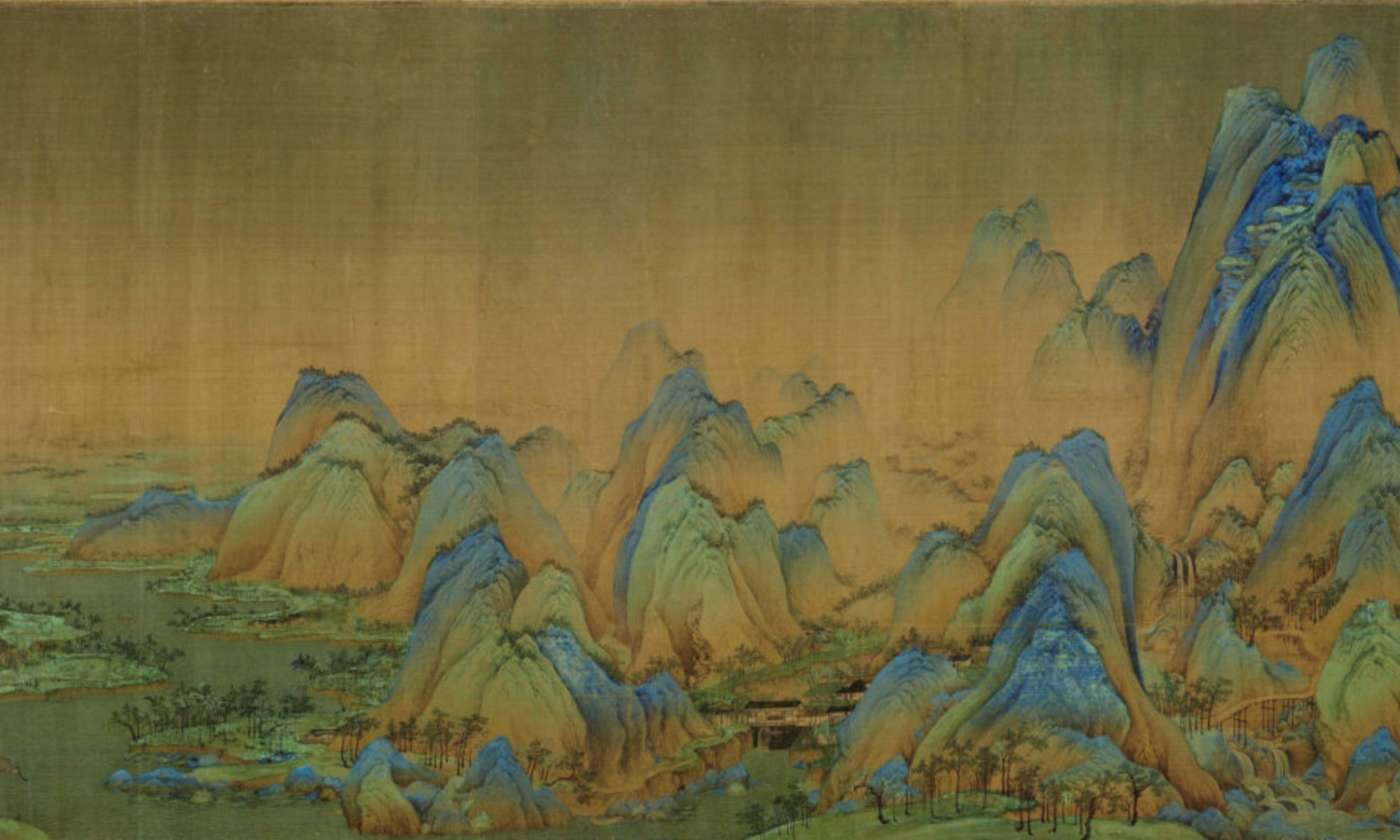Friday, January 6, 2023: 3:30 PM-5:00 PM
Philadelphia Marriott Downtown, Room 306
Chair(s):
Zhiguo Yang, University of Wisconsin–River Falls
Papers:
James Z. Gao, 1948–2021: From a Son of Hangzhou to an Explorer of a Cutting-Edge Paradigm
Zhiguo Yang, University of Wisconsin–River Falls
Dangerous Tracks: Risk, Safety, and Crime on China’s Railways during the Mao Zedong Era
Jeremy Brown, Simon Fraser University
Gao’s Perception on War and Society: The Impact of the Korean War on China, 1950–54
Xiao-Bing Li, University of Central Oklahoma
Comment: Xi Wang, Indiana University of Pennsylvania
Full Panel Description
A tribute to James Z. Gao (1948-2021), a founding member and the first president of the Chinese Historians in the United States (CHUS), this panel consists of three papers exploring the impact of modernization and Communist revolution on modern China, a defining theme in Gao’s scholarship. Leading the panel is Zhiguo Yang’s discussion of Gao’s life, teaching career, and scholarly accomplishments. Jeremy Brown, a scholar of modern Chinese history, will then discuss the rural-urban dynamic of railway safety during Mao’s era, a topic addressed in Gao’s first monograph. The third paper, to be presented by Xiaobing Li, a specialist in the history of the Korean War, deals with how the Korean War had helped consolidate the Communist rule in China in the early 1950s, which is a major theme in Gao’s acclaimed monograph The Communist Takeover of Hangzhou as well. Zhiguo Yang will also chair the panel. Xi Wang, the first editor of the Chinese Historical Review that published two of Gao’s studies on modern China, will serve as the discussant of the panel.
Paper Abstracts
- “James Z. Gao, 1948-2021: From a Son of Hangzhou to an Explorer of a Cutting-Edge Paradigm”, Zhiguo Yang, University of Wisconsin-River Falls
This paper is a tribute to James Z. Gao, a founding member of CHUS and the organization’s first president (1987-1988), who passed away in 2021. It traces his life, education, and teaching career in China and the United States in the context of China’s social and economic changes during his lifetime. It also describes his success as a history educator in the United States, focusing on the pedagogy and teaching methodologies that Gao applied to making his history courses meaningful and inspiring to his students. Gao devoted his academic career to searching for a paradigm to better explain the role of modernization and revolution in the transformation of China in the twentieth century, and the third part of the paper illustrates such a commitment and his scholarly achievement.
- “Dangerous Tracks: Risk, Safety, and Crime on China’s Railways during the Mao Zedong Era”, Jeremy Brown, Simon Fraser University
As James Z. Gao found in Meeting Technology’s Advance: Social Change in China and Zimbabwe in the Railway Age, trains and train tracks had a major effect “on the lives of local people” in China and beyond. This paper examines the unintended consequences of railways in China between the 1950s and 1970s through the lens of danger. How did people whose work, homes, and commutes put them in risky proximity to train tracks deal with new dangers in their lives? How did the Communist party-state’s security apparatus strive to protect what it considered vital infrastructure from protests and sabotage? Drawing from gazetteers and internal public security reports, I explore the rural-urban dynamic of railway safety, which provided convenience to city dwellers but presented disproportionate risks to people who lived in the hinterland. Inspired by James Gao’s approach to social change, I find that trains and train tracks meant different things to diverse groups of people in various places throughout China: they were not only a means of conveyance, they also became deadly threats and targets of protest.
- “Gao’s Perception on War and Society: The Impact of the Korean War on China, 1950-1954”, Xiaobing Li, University of Central Oklahoma
James Gao contributed to the Korean War history studies by explaining the impact of the Korean War on urban society in his book, The Communist Takeover of Hangzhou. He moved away from conventional interpretations of political control, propaganda, and law enforcement, and instead explored the “cultural dimension” as the key for the CCP to consolidate power in urban areas from 1950-1954. His research provides a better understanding of the party’s political nature of flexibility through cultural negotiation, consultation with the intellectuals, adaptation to the new environment, and readiness for changes as “the party of learning.” In the formulation and execution of the new policy toward the urban population, the CCP not only asserted its authority over the society but developed an outline for further social transformation. While the continuing revolution rocked urban China, the CCP leadership was also concerned about the moral decay of the rank and file of the revolution. The new urban policy sought to embrace the war in Korea, which required a solid base and stable economic growth. In retrospect, the Korean War moved China to the center of the global Cold War, while contributed significantly to shaping the specific course of Chinese cities.
